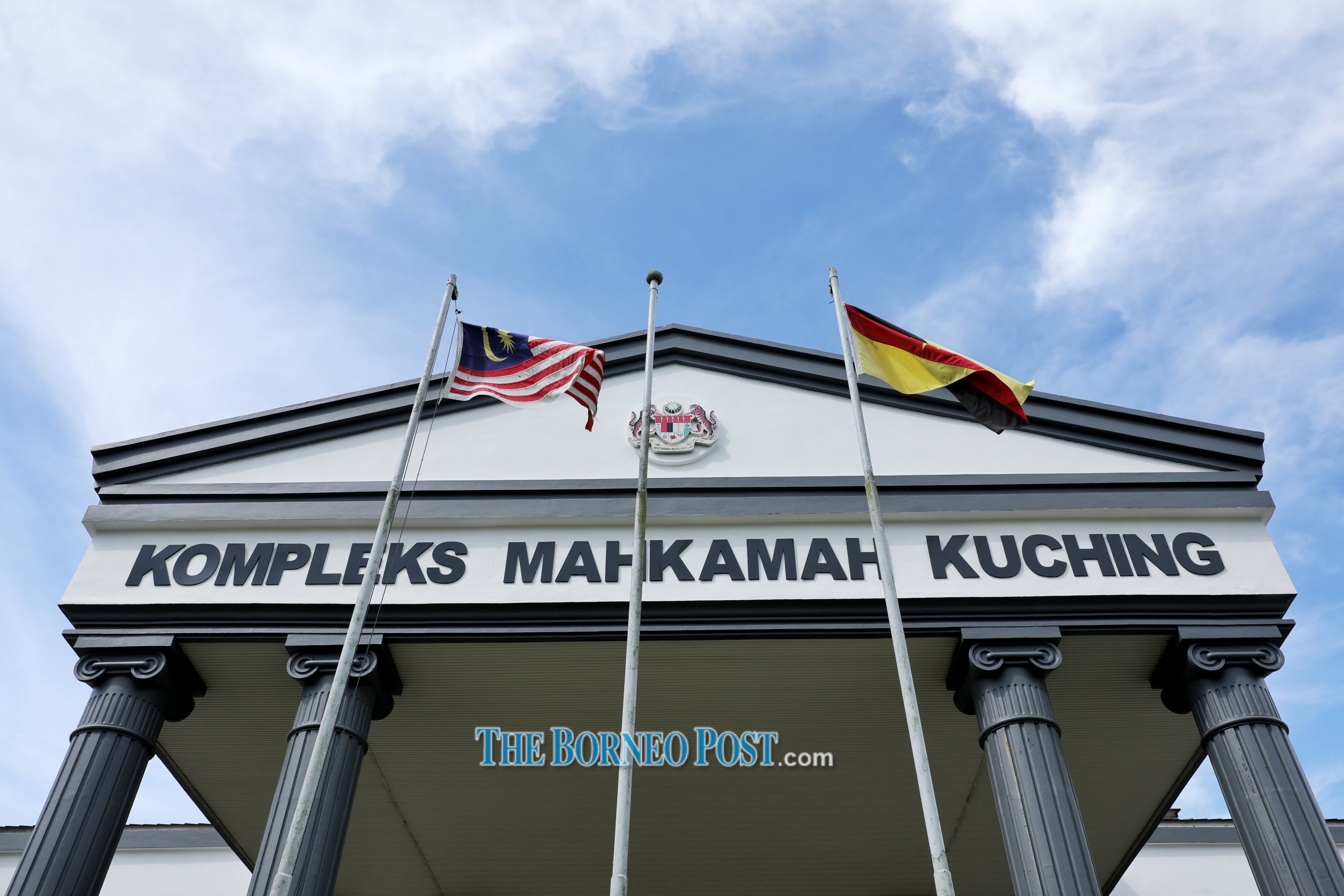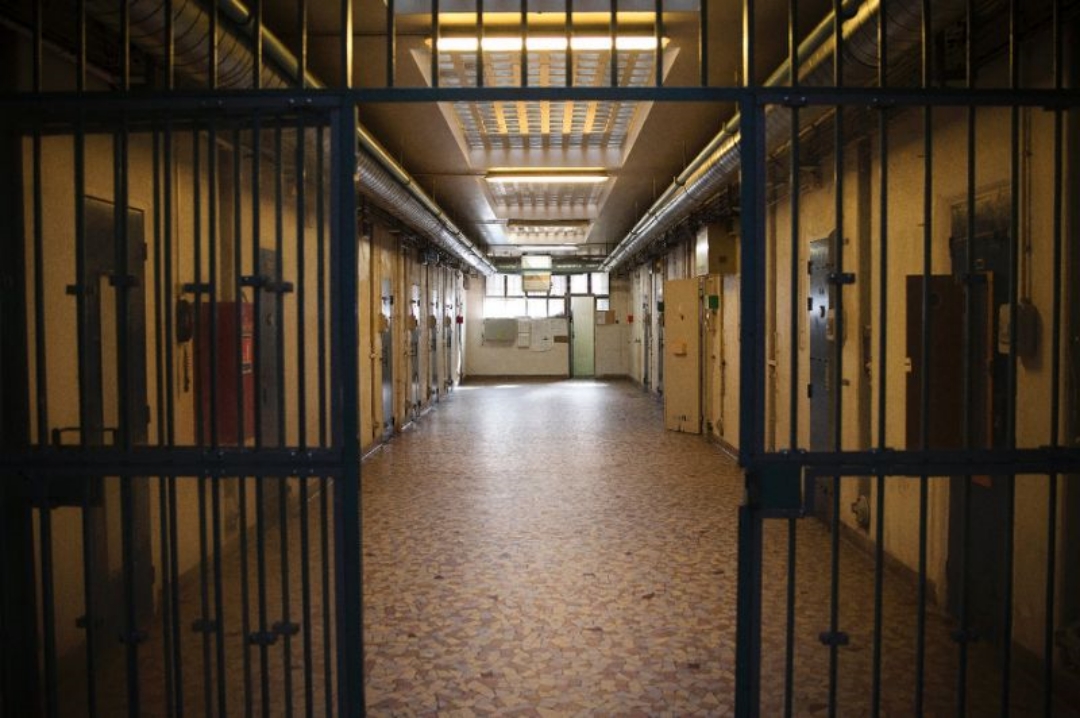ADVERTISE HERE

Julaihi (fourth left) symbolically presents a budget allocation to a representative of the Bukit Saban PEDi centre, one of the 23 new PEDi centres created in Sarawak. – Photo by Mathew Umpang
KUCHING (Jan 18): The selection of staff and officers for Digital Economy Centres (PEDi) in Sarawak needs to be given attention and consideration carefully, said Utility and Telecommunication Minister Dato Sri Julaihi Narawi.
As most of the time PEDi officers interact with the community, he said it is very important for the centres to be run by individuals who have digital skills and are active in community work.
He added that with ICT hardware and internet network getting better in the state, PEDi staff now play an important role as change agents to bring change and transformation to the local community so that they can both benefit in the era of digital economy.
“I have had the opportunity to visit several existing PEDi centres in the state and found that the function of PEDi has evolved in line with the wishes and needs of today’s society.
“I found the staff of the Song PEDi centre in Kapit division are active in guiding many entrepreneurs to market their products and services online for example,” he said when launching the Implementation and Briefing Ceremony for new PEDi centres at a hotel here yesterday.
Therefore, in line with the aspirations of the Sarawak Digital Economy Blueprint 2030, Julaihi hoped that the Malaysian Communications and Multimedia Commission (MCMC) would give emphasis to each PEDi so that they could focus on digital transformation efforts.
He believed digital transformation could be achieved by guiding and creating a community of entrepreneurs, especially micro-entrepreneurs in rural areas, to apply the use of digital technology in their business activities.
“The Sarawak government welcomes the expansion of the PEDi initiative implemented by the MCMC. In my opinion, PEDi is one of the important enablers for the PCDS 2030 strategic plan and the Sarawak Digital Economy Blueprint 2030.
“Indeed, the Sarawak government is active in equipping the people with digital skills and knowledge, in which we are going through the era of development of information technology and digital economy,” he said.
In this regard, Julaihi informed that the state government had established a total of 45 digital community centres (DCC) and also innovation hubs which have similarities in terms of roles and objectives with PEDi.
In addition, he suggested for the Sarawak government’s digital services or applications such as Service Sarawak, S Pay Global and the upcoming SarawakPass to be implemented in PEDi centres.
“I also hope that the MCMC can engage with related agencies in Sarawak to explore the potential of strategic collaboration between PEDi and DCC and the existing digital innovation hubs.
“This is in line with the government’s goal to achieve a thriving digital ecosystem in Sarawak,” he said.
Meanwhile, it was mentioned during the event that there are 23 new PEDi centres in Sarawak which were created under the Universal Service Provision (USP) programme led by MCMC and all the PEDi centres have been given budget allocation from the government through the assemblymen of the areas where the centres are located.
The allocation was either collected by the assemblymen themselves or representatives of the centre during the event.
“It is my great hope that all honourable members who have received this new PEDi budget allocation can give full cooperation and support to the MCMC so that the implementation of this new PEDi project runs smoothly and the PEDi programmes can be quickly utilised by the local community who receive them later.
“Well done to the MCMC and service providers such as Telekom Malaysia for providing many PEDi facilities in Sarawak, which have provided various capacity building programmes and helped the entrepreneurial community in rural areas, especially to venture into the digital economy,” said Julaihi.
Also present during the event were Deputy Minister of Utility and Telecommunication Datuk Liwan Lagang, and Deputy Minister in the Premier’s Department Datuk Abdullah Saidol.
PEDi is an initiative of the Ministry of Communications and Digital through the MCMC and the Malaysian Digital Economy Corporation (MDEC) as well as telecommunication service providers that provides opportunities for local communities to empower digital skills and generate income through the e-commerce platform.









 English (US) ·
English (US) ·